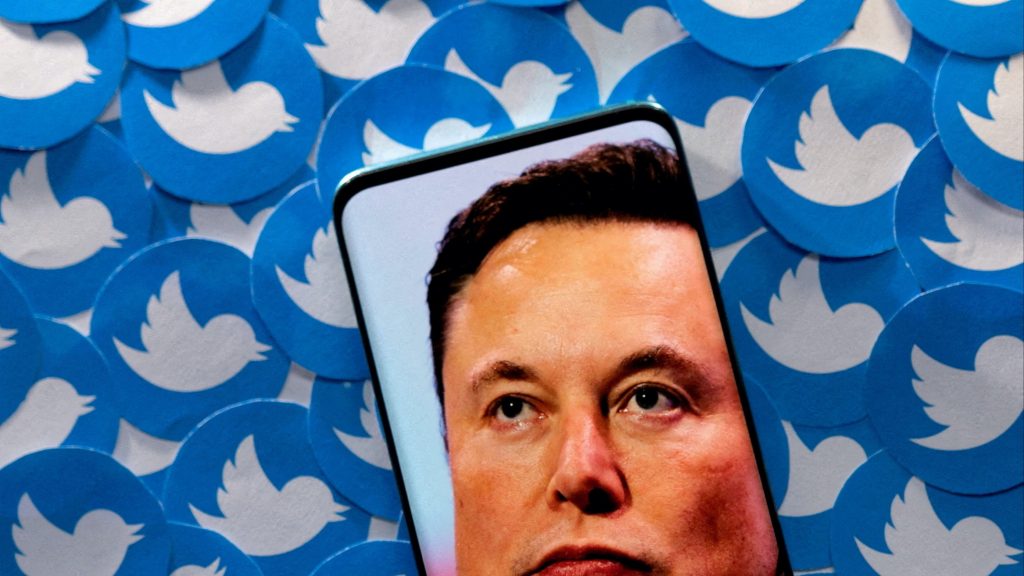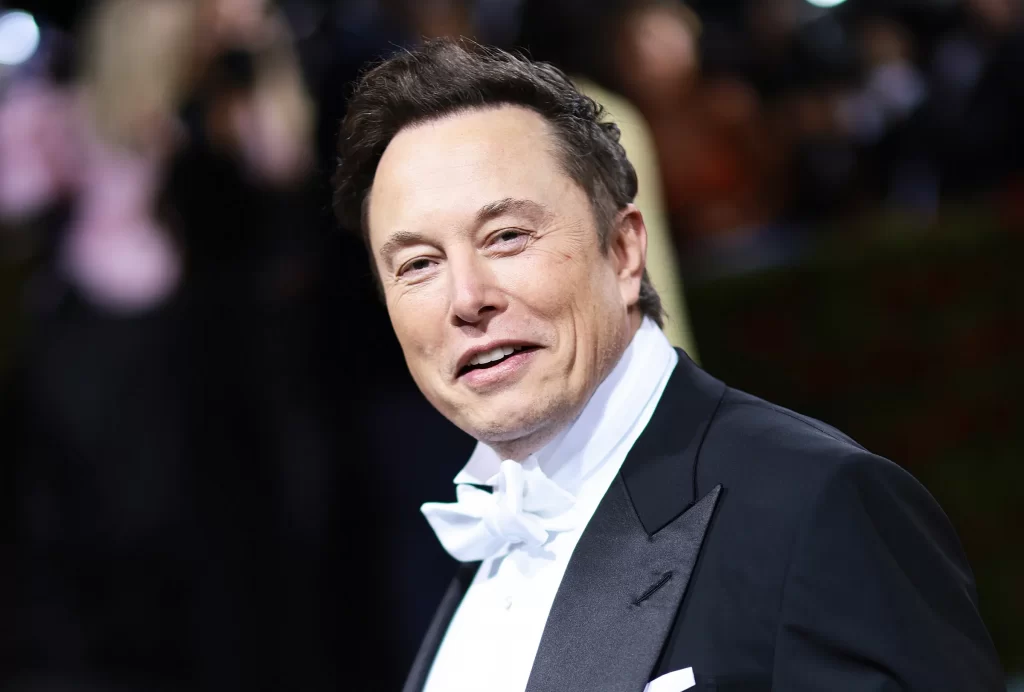Elon Musk, the enigmatic entrepreneur and CEO of companies like Tesla and SpaceX, may be on the verge of shutting down Twitter in Europe. Recent developments indicate that Musk’s decision to pull Twitter out of the European Union’s voluntary code of practice regarding online disinformation could be a prelude to discontinuing operations on the continent altogether.
The upcoming Digital Services Act (DSA) law, which is set to take effect in August, was a major factor in making this choice. Large social media platforms, like Twitter, are required by the DSA to abide by strict rules pertaining to the monitoring and flagging of disinformation. Although it is not expressly stated in the legislation, platforms are required to make accessible reporting options available to individuals who violate specific laws. In addition, the law mandates fact-checking’s empowerment, the monitoring and demonetization of bot farms and disinformation, as well as clear warnings regarding political advertising.

European Commissioner Thierry Breton highlighted Twitter’s withdrawal from the voluntary code of practice in a tweet, stating that despite the company’s actions, its obligations remain intact under the DSA. Breton’s tweet indicated that the fight against disinformation would transition from voluntary commitments to legal obligations, with enforcement beginning on August 25. The European Commission’s readiness to enforce these obligations demonstrates its dissatisfaction with Twitter’s compliance with the voluntary code.
It was only a matter of time until Twitter left the voluntary code, according to an unidentified EU official. The official stated that although the EU cannot compel the market-dominating social media company to leave, the adoption of stronger laws was the only practical way to guarantee compliance.

The future of Twitter in Europe remains uncertain, with Musk’s actions raising questions about the platform’s continued presence on the continent. As August approaches, all eyes will be on how Twitter responds to the DSA’s requirements. Whether this move by Musk is a calculated business strategy or a reaction to perceived regulatory burdens, it underscores the growing tension between social media platforms and governments seeking to combat disinformation and protect their citizens from its harmful effects.


